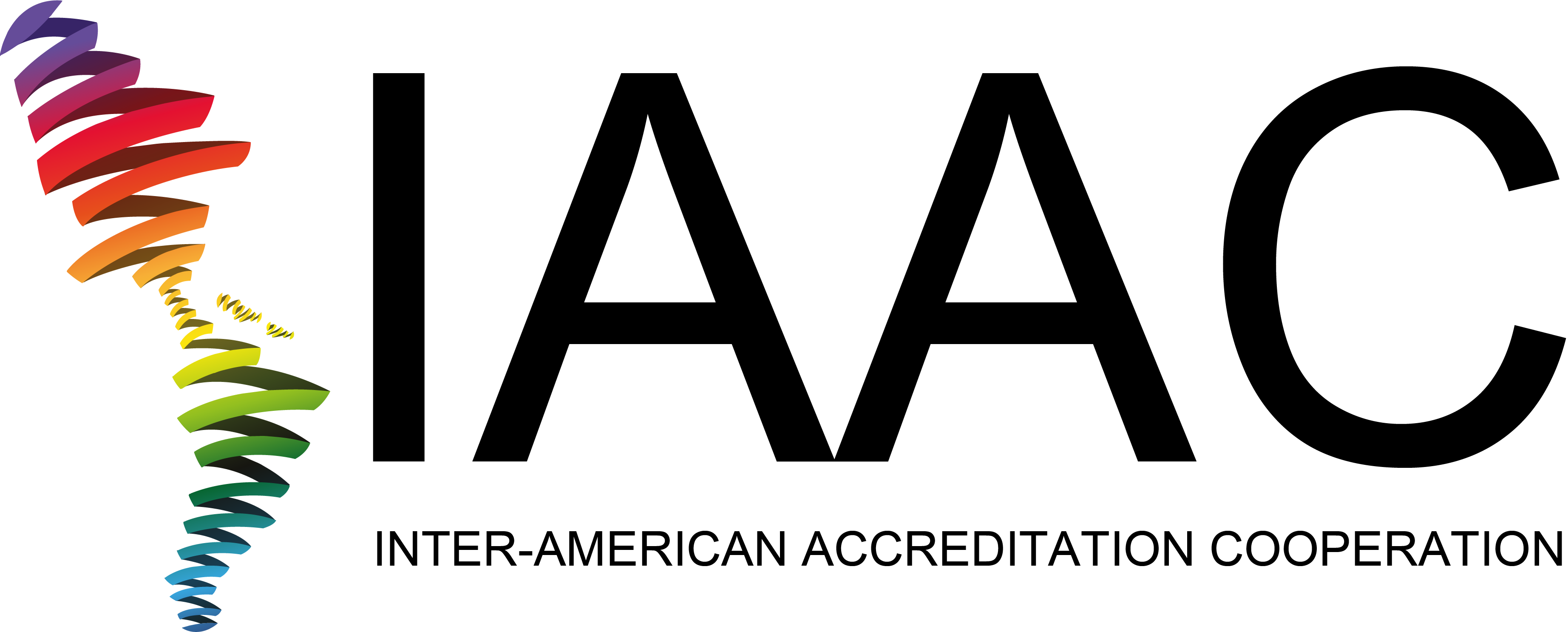IAAC maintains international recognition as a Regional Cooperation by IAF and ILAC

It is a pleasure to share with you the decisions made by IAF and ILAC in February 2023 resulting from the peer evaluation of IAAC as a regional cooperation. IAF and ILAC regularly perform a reevaluation of IAAC within a period of four years to confirm that it complies as a region with the relevant international accreditation standards and requirements of IAAC, IAF, and ILAC.
The IAAC evaluation took place in several stages at different times. In December 2021, the IAF-ILAC peer evaluation team conducted a remote evaluation of the IAAC Secretariat. In February 2022 the team reviewed MLA peer evaluation records and conducted interviews with IAAC peer evaluators to confirm their competence. In March 2022, the team observed the IAAC MLA Committee and MLA Group remote meetings. The IAF/ILAC team drafted a peer evaluation report for review and decision by IAF and ILAC.
The ILAC Arrangement Council approved that IAAC maintains recognition as a Regional Cooperation Body for the ILAC MRA scopes of Calibration and Testing Laboratories using ISO/IEC 17025, Medical Laboratories using ISO 15189, Inspection Bodies using ISO/IEC 17020, Proficiency Testing Providers using ISO/IEC 17043 and Reference Material Producers using ISO 17034.
The IAF MLA Management Committee approved that IAAC maintains recognition as a Regional Cooperation Body for the IAF MLA scopes of Quality Management Systems (QMS) Certification Bodies, Environmental Management Systems (EMS) Certification Bodies, Food Safety Management Systems (FSMS) Certification Bodies, Information Security Management Systems (ISMS) Certification Bodies, Medical Devices Management Systems (MDMS) Certification Bodies, Energy Management Systems (EnMS) Certification Bodies, Occupational Health, and Safety Management Systems (OH&SMS) Certification Bodies using ISO/IEC 17021-1; and Product Certification Bodies (ISO/IEC 17065) including GLOBAL G.A.P.
Multilateral Recognition Arrangements (MLAs) are agreements between signatory Accreditation Bodies that recognize the equivalence of each other’s accreditations worldwide. These arrangements help to facilitate trade by reducing technical barriers to trade, promoting mutual recognition of products and services, and fostering cooperation among accreditation bodies. MLAs can help to ensure that products and services can be traded more easily and efficiently, while maintaining high standards of quality and safety, for the benefit of consumers worldwide.
Congratulations to all IAAC members, IAAC MLA Group members, IAAC Secretariats, and IAAC peer evaluators, who dedicate significant time and effort to maintain the operation of the IAAC MLA within full compliance of international accreditation requirements.
Let's keep working together to shape the future of Accreditation and accredited Conformity Assessment in the region!
You are invited to follow IAAC's social networks, where we will post news about upcoming events.
Follow us on Twitter and LinkedIn
